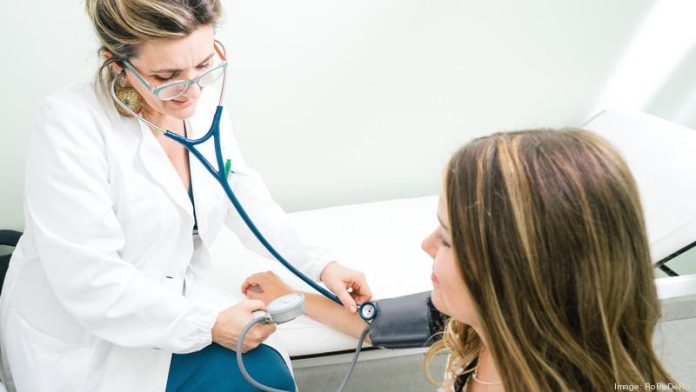Women that experience their first period at the age of 10 or after the age of 17 are more likely to experience heart disease, stroke, and high blood pressure later in life. The findings are the result of a large study conducted by Dr. Dexter Canoy, cardiovascular epidemiologist at the Cancer Epidemiology Unit in the Nuffield Department of Population Health at the University of Oxford in the United Kingdom, and colleagues.
The conclusions are based on a 10 year study of 1.3 million women between the ages of 50 and 64. The average age of the first menstrual cycle is 13. Only four percent of the participants experienced their first menstrual cycle before 10 years of age and only one percent experienced their first period after 17 years of age.
An increase of 27 percent more heart disease, 16 percent more deaths from stroke, and 20 percent more hospitalizations due to high blood pressure were reported in women that experienced their first period at 10 years of age or after 17 years of age. The results were independent of a woman’s race, weight, income, or the incidence of smoking. While the numbers of women that experience this anomaly are few the resultant costs for treatment are paid by everyone.
Obesity has been documented to cause the development of early menstruation in girls. Anorexia, chronic long-tern illness, poor nutrition, genetic defects, and physical abnormalities can produce the onset of menstruation after the age of 17. The study is the first to correlate specific disease states with the age that a woman first experiences menstruation.















